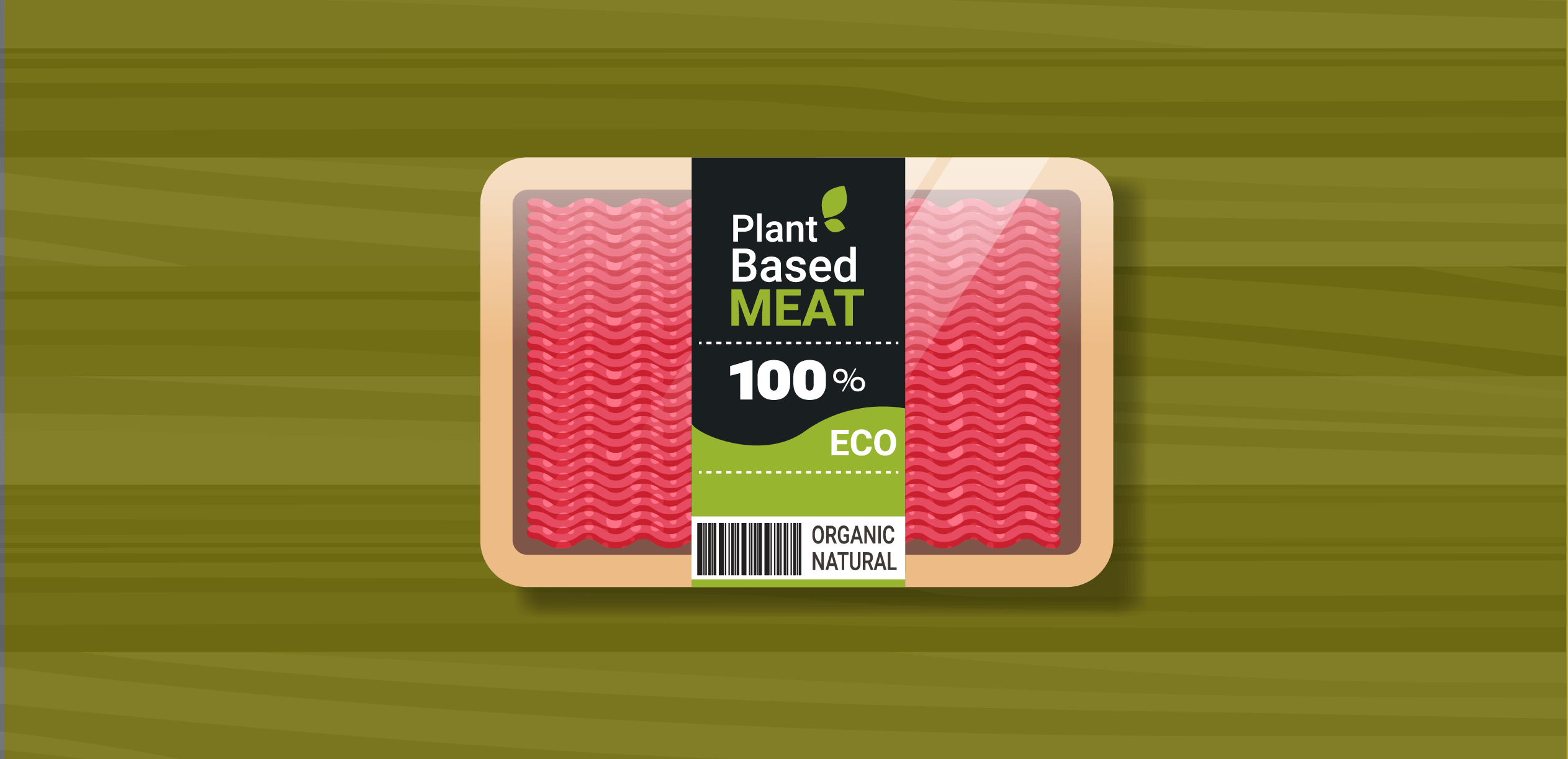The transfer of a football player from one football club to another, either domestically or internationally, has to be completed according to certain regulations put in place by FIFA and the national federations. The following is a step-by-step guide to the regulatory requirements for transfers involving Indian football clubs.[1]
Step 1: Checking the player’s contractual status
Once the club has identified a player they wish to sign, the first issue to be assessed is the status of the player’s current contract. If the player’s contract is coming to an end, he will become a free agent and his former club will have no role to play in the transfer. In fact, a player is free to conclude a pre-contract with a new club if his present contract is due to expire in six months or less.[2] In such a case, there will be no transfer fee due to the former club either. If the player is still under contract, the club intending to sign him will have to first inform the current club in writing before entering into negotiations with him.[3] If the player is contacted without informing the club, sanctions may be imposed as per the regulations.
To sign a player who is under contract with a club, either a transfer fee will have to be negotiated or a buyout clause will have to be triggered. A buyout clause is usually a specific amount agreed by the club and the player at the time of signing, which can be paid to the club to immediately terminate the employment contract.
Step 2: Due diligence
While initiating a transfer, there is also certain due diligence to be done with regard to third-party ownership and bridge transfers. Third-party ownership (TPO) is a financial instrument used commonly in certain parts of the world whereby a third-party (an investment fund or an individual) acquires all or part of the economic rights to future transfer fees of the player. TPO has been banned under the FIFA Regulations on Status and Transfer of Players (RSTP) and as such, any involvement of third-parties will need to be scrutinized.
It is also to be checked whether the transfer of the player could be in violation of the ban on bridge transfers. As per the FIFA RSTP, if two consecutive transfers, national or international, of the same player occur within a period of 16 weeks, it will be presumed that the clubs and player involved have participated in a bridge transfer.[4] If found to be in violation of this rule, disciplinary sanctions could be imposed on all parties concerned.
Step 3: Requesting the transfer certificate
The transfer of a player is in fact a transfer of the player’s registration with the respective football association. In domestic transfers, the registration will be transferred from one State association to another and in international transfers, from one national association to another. In India, every player is registered with the State association of the club with which they are contracted.[5] For the purposes of registration, two windows are prescribed by the AIFF known as the registration periods or transfer windows. A player can be registered only during these designated registration periods.[6]
To initiate a domestic transfer, the club that seeks to sign the player has to submit a request for registration with its State Association during the registration period. Once this request is received, the State Association will place a formal request with the current State Association of the player for an Inter-State Registration Transfer Certificate (IRTC).[7] The IRTC cannot be made subject to any conditions and is issued free of cost.[8] Upon receiving this request, the current State Association will immediately request the club and the player to confirm whether his contract has expired, whether early termination was mutually agreed or whether a contractual dispute exists.[9]
If no contractual dispute exists between the current club and the player, the IRTC will be issued within seven days under the signature of the General Secretary of the State Association.[10] If there is such a dispute, the State Association will have to inform the requesting State Association accordingly within seven days.[11] If the State Association has not issued the IRTC within 14 days of the request, the requesting State Association has the right to request AIFF to intervene.[12] If the IRTC has not been issued after 30 days of the request without any valid reason, the AIFF may issue a provisional registration certificate which will enable the player to play for the new club. This provisional certificate will become permanent one year after the date of the request subject to withdrawal by the AIFF or its committees.[13]
For an international transfer, an International Transfer Certificate (ITC) has to be obtained through a similar process that is conducted on the FIFA Transfer Matching System. The process is largely similar to the process for domestic transfers except that the requests and checks are made by the relevant national associations.[14]
Step 4: Player registration
Once the IRTC has been received, the registration of the player can be done with the State Association of the new club. For registration to be complete, a notarized copy of the contract between the player and the new club has to be provided to the State Association within the registration period.[15] The contract can be of a maximum term of five years and the term has to coincide with the regular season of football in the country. The contract cannot be made subject to the positive results of a medical examination or the acquisition of a work permit.[16] A copy of the contract also has to be deposited with the AIFF.
Step 5: Training compensation and solidarity
Football regulations at the international and domestic level mandate certain payments to be made to the player’s previous clubs as part of his transfer. These payments are of two types – training compensation and solidarity. Training compensation is to be paid when a player is registered as a professional for the first time and each time he is transferred until he attains the age of 23.[17] In contrast, the solidarity mechanism mandates the payment of a portion of the transfer fee of every player to the clubs that have contributed to his education and training. Solidarity mechanism only applies for international transfers or transfers of players who have been trained by a foreign club.[18]
Training compensation is to be calculated as per the formula contained in the regulations and paid within thirty days.[19] For solidarity contribution, five per cent of the entire transfer fee is to be set aside for distribution to former clubs. This amount is then to be distributed within thirty days to the former clubs depending on the amount of time that the player spent in each club between the ages of 12 and 23.[20] The responsibility of calculating the amount for both types of payments and for paying the same falls upon the club which has signed the player.
Authored by Vishakh Ranjit, Consultant with inputs from Anirudh Rastogi, Managing Partner at Ikigai Law.
For more on the topic, please feel free to reach out to us at contact@ikigailaw.com.
[1] This article deals with transfer of male professional players above the age of 18. There are special provisions contained in the FIFA RSTP and the AIFF regulations regarding amateur players, minors and female players which are not covered here.
[2] Clause 2, Annex III of AIFF RSTP
[3] Clause 2, Annex III of AIFF RSTP
[4] Art. 5bis of the FIFA RSTP
[5] Art. 5 of AIFF RSTP
[6] Art. 5 par. 7 of the AIFF RSTP
[7] Art. 6 par. 2 of the AIFF RSTP
[8] Art. 8 of the AIFF RSTP
[9] Art. 6 par. 3 of the AIFF RSTP
[10] Art. 6 par. 4 of the AIFF RSTP
[11] Art. 6 par. 5 of the AIFF RSTP
[12] Art. 6 par. 6 of the AIFF RSTP
[13] Art. 6 par. 7 of the AIFF RSTP
[14] Please refer to Art. 9 and Annex 3 of the FIFA RSTP
[15] Art. 5 of the AIFF RSTP
[16] Art. 27 of AIFF RSTP
[17] Art. 20 of the FIFA RSTP and Art. 16 of the AIFF RSTP
[18] Art. 21 of the FIFA RSTP
[19] Annexe 4 of the FIFA RSTP and Annexe II of the AIFF RSTP
[20] Annexe 5 of the FIFA RSTP









